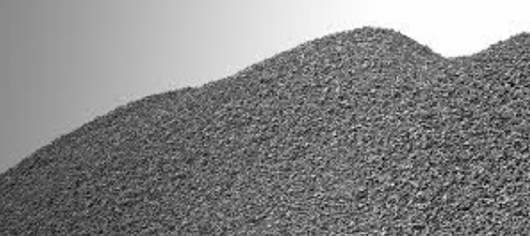
Calcined petroleum coke is a critical ingredient in the production of aluminum. It is created by placing high-quality raw "green" petroleum coke into rotary kilns, where it is heated to high temperatures to remove moisture, volatile matter, and impurities[2]. This article will discuss the importance of calcined coke density in aluminum production, its properties, and its impact on the overall process.
Calcined coke has several important properties, including its real density, which typically ranges from 1.967 to 1.985 g/cm3 [1]. This density is a crucial factor in determining the overall performance of the calcined coke in the aluminum production process. Other properties of calcined coke include its low sulfur content, low metals content, and low electrical resistivity[3].
Calcined coke is used as a key raw material in the production of carbon anodes, which are essential components in the electrolytic reduction of alumina to aluminum. The density of the calcined coke directly affects the porosity and electrical conductivity of the anodes, which in turn influence the efficiency and energy consumption of the aluminum smelting process[2].
A higher calcined coke density results in a denser anode, which leads to lower porosity and improved electrical conductivity. This, in turn, enhances the overall efficiency of the aluminum production process by reducing energy consumption and greenhouse gas emissions. On the other hand, a lower calcined coke density can lead to increased porosity and reduced anode performance, resulting in higher energy consumption and emissions[1].

Ensuring the quality and consistency of calcined coke is essential for optimal anode performance in aluminum production. Companies like bp coke provide high-quality calcined coke production and offer a range of testing services to their customers, including real density, sulfur content, and metals content analysis[5]. These tests help ensure that the calcined coke meets the required specifications for use in the aluminum industry.
In conclusion, calcined coke density is a critical factor in the aluminum production process, as it directly affects the performance of carbon anodes and the overall efficiency of the smelting process. Ensuring the quality and consistency of calcined coke is essential for optimal anode performance and reduced energy consumption and emissions. As the demand for aluminum continues to grow, the importance of understanding and controlling calcined coke density will only increase.

Write a Message